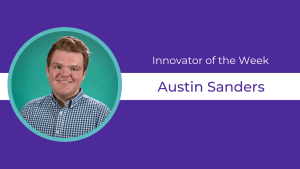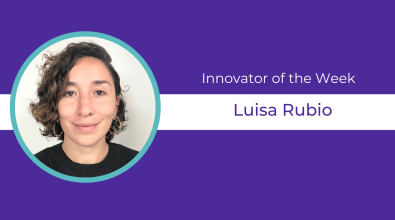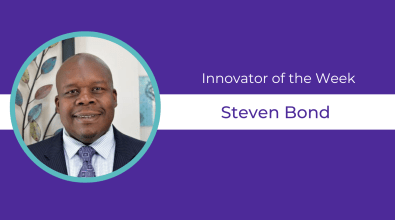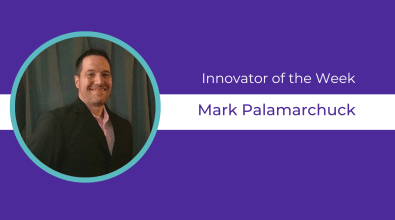First-responder program evolves to meet new moment

Name: Austin Sanders
Title: Program Manager, Compass
City: Huntington, W.Va.
When Austin Sanders first enrolled at Marshall University in Huntington five years ago, the impressions other freshmen had of the city troubled him. The first thing to often come up in conversation about his hometown was its crippling opioid epidemic. “As someone who grew up here and loved Huntington, it just really shattered my heart,” Sanders said.
Fortunately, Sanders got an opportunity to help change that perception, when he took charge last year of Huntington’s Compass program, a health and wellness initiative for the first responders who are on the frontline of the opioid crisis that was among the winners of the 2018 Mayors Challenge. With the added stress of the COVID-19 pandemic and its ensuing crises, other cities are now looking to Huntington and its program to reduce “compassion fatigue” for their own first responders.
Sanders said the Compass program has evolved in new directions during the pandemic, specifically to focus more on the entire family when it comes to first responders and also to build in resources—classes, speakers, activities—to help law enforcement participants cope with rising tensions.
“The pandemic was a significant turning point for the program,” Sanders said, as it crystallized the realization that responding to the opioid crisis was just one of the stresses Huntington first responders face. “What that forced us to do is to evolve the program once again to create a model that is not only applicable to drug overdoses or the pandemic, but other issues as well.”
As an example, Compass started offering take-home activities the whole family could participate in, such as a Zoom workout class, take-home pottery, and cookie kits. Compass also extended support from mental fitness coaches to family members.
Sanders said communication with first responders is crucial to the program being able to continue to iterate and evolve. Compass participants are regularly surveyed and those results are used to tweak program services. “We just have to be constantly vigilant of the challenges that are going to arise for first responders. A year from now it may not be community tensions over use of force; it may be something else. We have to constantly take the temperature of first responders and the community itself.”
Pro Tip: “Too often, particularly in public administration, we listen to respond. Instead, we must listen authentically, to try to understand the issue we’re trying to solve.”


